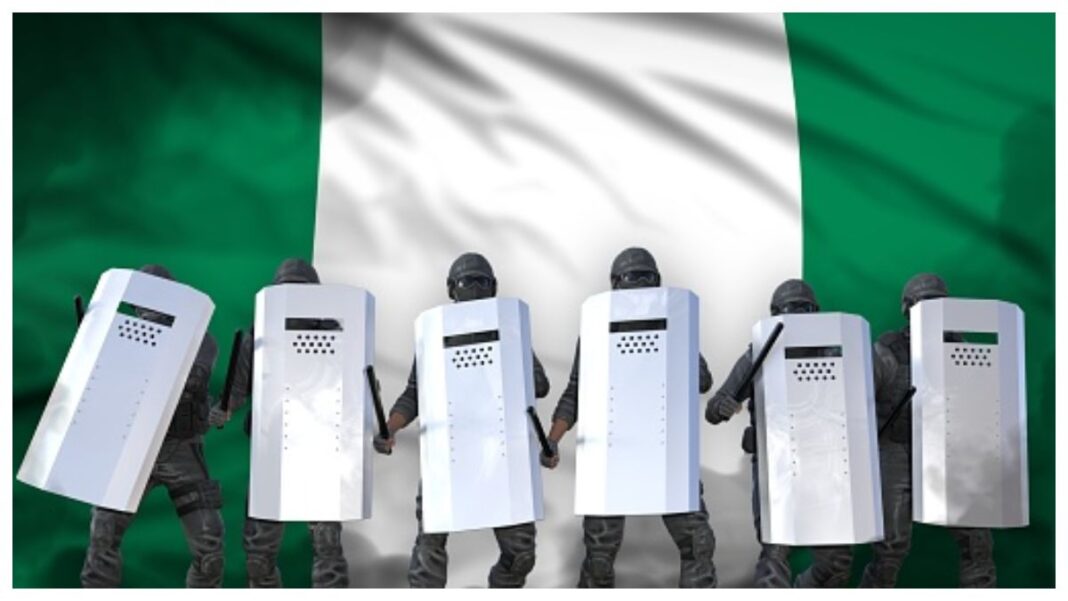NIGERIA. The Nigerian government has dissolved a police unit plagued with allegations of extrajudicial killings and abuse to the citizens.
From the past few weeks, many people of the country were seen protesting against the police brutality. A wave of outrage had been fuelled over the last week by the emergence online of graphic footage and shared experiences of abuses by the Special Anti-Robbery Squad, commonly called Sars.
The protests against Sars
To address rising violent crime in Nigeria,Sars was set up in 1992. However, the unit was accused of gradually mirroring the groups they were set to stop.
“EndSars” began as an online movement and now it is been supported by famous people including the English footballer, Marcus Rashford. Many people were seen protesting against Sars in various cities across Nigeria.
Most of the protestors were between the ages of 20-30 and were protesting for the first time. In the capital Abuja, armed police used force on the citizens who were protesting against the Sars unit.
Several videos posted on social media showed police officers firing live rounds and using teargas on the demonstrators. Many protestors reported injuries due to police attacks.
One protestor, Jimoh Isiaka was shot dead by the police in the south-western state of Oyo. During clashes in the southern state of Delta, a police officer was also killed. Meanwhile, The demonstrators described the calls to disband Sars as the “beginning of police reform” in Nigeria.
Police reform in Nigeria
An open statement given by the office of the president, Muhammadu Buhari, said, “The Special Anti-Robbery Squad (Sars) of the Nigeria Police Force has been dissolved with immediate effect”.
Meanwhile, Inspector Gen Mohammed Adamu announced new measures in response to the yearning of the Nigerian people. However, The Sars officers will be redeployed to other units. The police department is yet to announce the replacement for the unit.
In an open statement, Amnesty International’s director in Nigeria, Osai Ojigho said, “The announcement falls short of demands for accountability and justice for abuses committed by the unit and police in general. The police authorities must state strongly the concrete steps they will take to ensure all officers alleged to have committed human rights violations are investigated and brought to justice”.
At the demonstration in Ikoyi, medical professionals attended protestors standing in the heat. The protestors were provided free glucose and paracetamol. Several organizers and volunteers have now raised thousands of pounds to buy food, water and supplies for protestors in Nigeria.
Ikechukwu Onanuku, a musician in Lagos said during the protest, “This is not just about Sars, it’s about ending police brutality. We won’t stop, we’ll be here tomorrow and the next day and next year until there’s change. People are fed up, not just here but globally”.
The right to protest is enshrined in Nigerian law. However, the protests are often suppressed by the police force as they see them as a threat to stability.




Comments are closed.